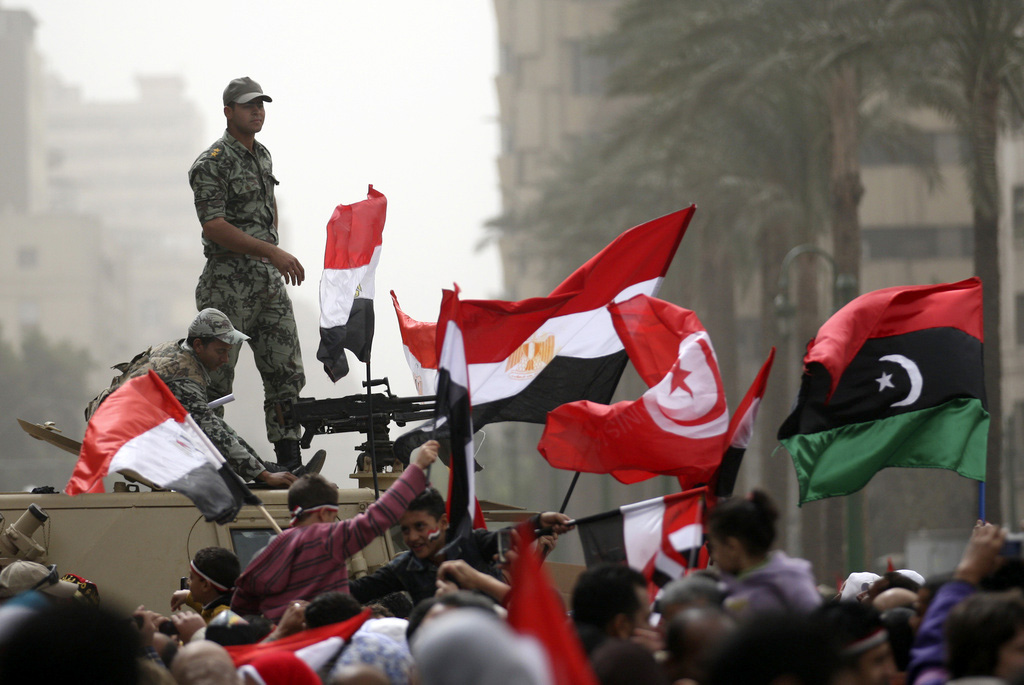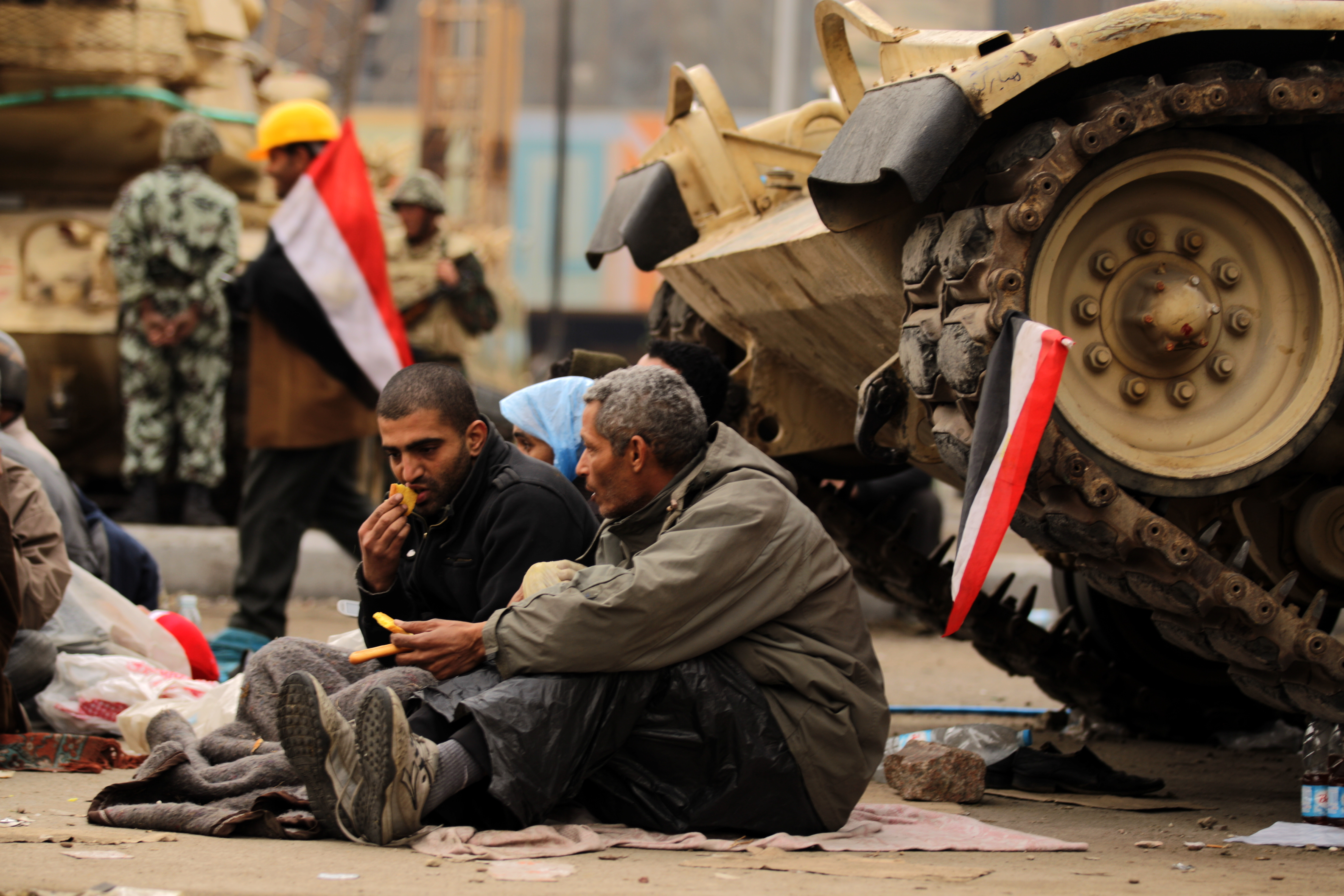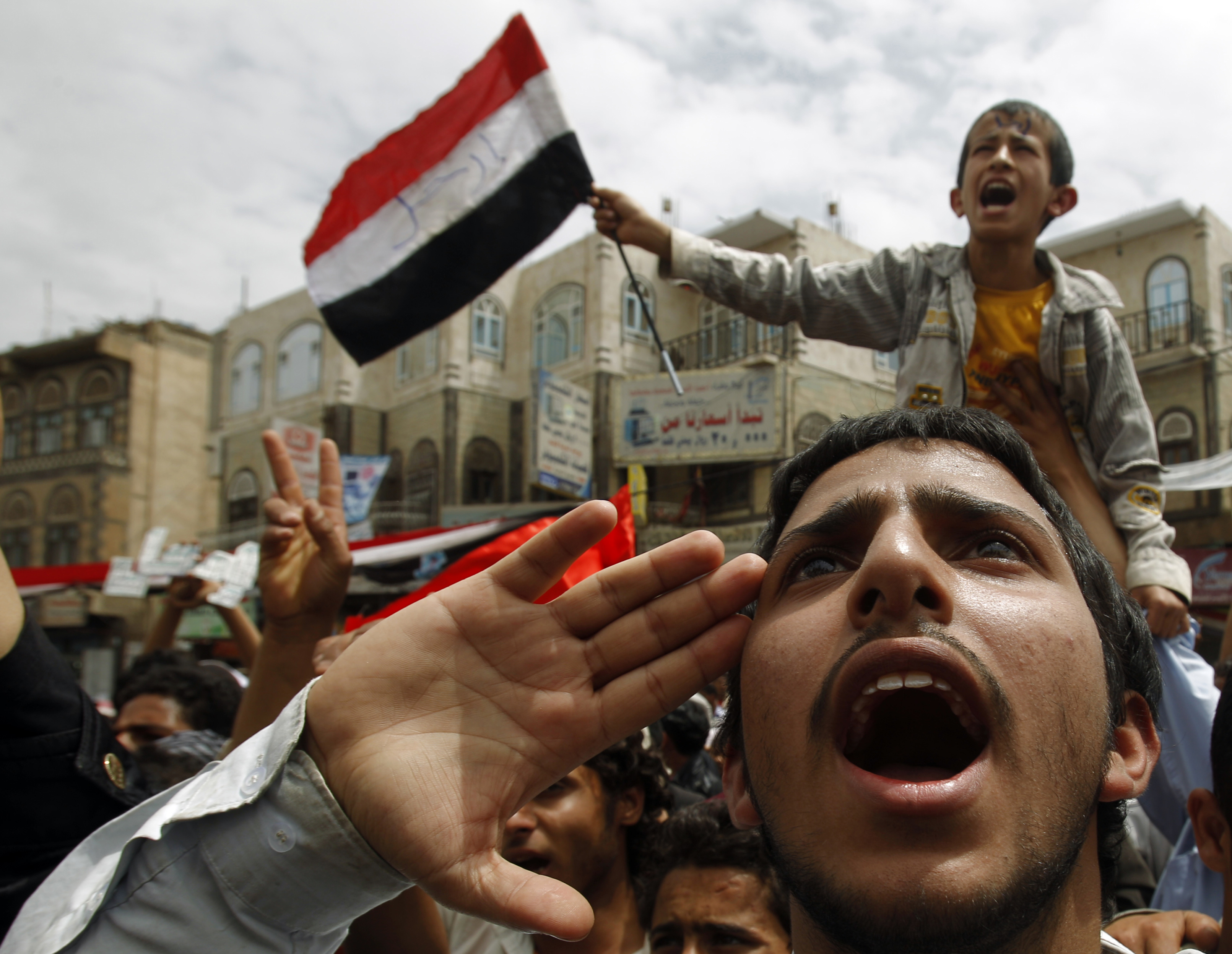“Gaddafi must count on the end”

The United Nations-approved no-fly zone over Libya will be implemented “within one or two days”, a strategy expert tells swissinfo.ch.
Albert Stahel, a professor of strategic studies at Zurich University’s Institute for Political Science, added that the only problem he foresaw was the use by Libyan leader Moammar Gaddafi of human shields.
Late on Thursday the UN Security Council authorised military action to curb Gaddafi, hours after he threatened to storm the rebel bastion of Benghazi overnight and show “no mercy, no pity”.
On Friday Libya declared an immediate cease-fire and promised to stop military operations in a bid to fend off international military intervention.
The announcement by Foreign Minister Moussa Koussa followed a fierce attack by Gaddafi’s forces against Misrata, the last rebel-held city in the western half of the country. Twenty-five people had been killed, Al Arabiya television reported, quoting medical sources.
With the international community mobilising, Koussa said the government would cease fire in line with the resolution, although he criticised the authorisation of international military action, calling it a violation of Libya’s sovereignty.
Ten of the Council’s 15 member states voted in favour of the resolution, while Russia, China and Germany were among the five that abstained.
swissinfo.ch: Is the decision for international military action too late for Libyan rebels?
Albert Stahel: It comes in the nick of time.
swissinfo.ch: The resolution authorises “all necessary measures” with the exception of ground troops. Does this surprise you?
A.S.: I would have been surprised had this decision been taken sooner. But not anymore, because it’s all about holding back – or rather pushing back – Gaddafi’s army, taking out their tanks and artillery so they can no longer fire on rebel cities and strongholds. In principle the resolution is about disarming Gaddafi.
swissinfo.ch: On Friday morning France announced military steps “in a matter of hours”. Is that realistic or just a bit of sabre-rattling at Gaddafi?
A.S.: Rapid progress is certainly possible. France, as a Mediterranean state, is working closely with Britain, which has a military airbase on Cyprus.
swissinfo.ch: What military action should one expect first?
A.S.: The first thing to go will be Gaddafi’s ant-aircraft defence – his radar sites and air defence missile systems will be disabled. To break the ring around Benghazi, it’s conceivable that the tanks and artillery there will be destroyed. After that the no-fly zone will be implemented.
swissinfo.ch: What difficulties could the allies run into?
A.S.: I can’t see any problems for the allied air forces other than Gaddafi using innocent Libyans as human shields at the anti-aircraft sites.
swissinfo.ch: In his initial battle with rebels Gaddafi used the Libyan air force. Is that still playing a role?
A.S.: It played a role at the beginning, carrying out bombing raids, but it looks like he only had a few planes at his disposal. Now it’s a question of knocking out the air force, which will presumably involve attacking the hangars.
swissinfo.ch: Most recently it was Gaddafi’s artillery that forced the rebels back. Can the Libyan ground forces be fought effectively from the air?
A.S.: Yes, because nowadays aerial warfare is decisive. That’s been seen in practically all wars since 1991. Fighter jets can considerably weaken, if not eliminate, ground troops.
swissinfo.ch: What is the allies’ command structure? What is Nato’s role?
A.S.: Nato has only a peripheral role – it wasn’t mentioned at all in the UN resolution, which focused on those countries that could implement [the resolution]. I presume the command structure will be led by either the US, or in an initial phase by the French and British.
swissinfo.ch: Have there already been reactions in Arab countries to the no-fly zone?
A.S.: We’ve heard that Qatar, the United Arab Emirates and possibly also Saudi Arabia would provide planes.
swissinfo.ch: How long will the military action last?
A.S.: Disabling the anti-aircraft defences will take one, perhaps two, days. The artillery and tanks will also soon be put out of action. I reckon the resolution can be carried out in one or two days.
swissinfo.ch: Would that be the end of Gaddafi?
A.S.: It would sound the end of the regime, which has become practically a pariah, whose finances have been confiscated. It has been ostracised. That was explicitly underlined yesterday by the Libyan representative at the Security Council. I can’t imagine that the regime would be able to last long without any military resources.
swissinfo.ch: So you think Gaddafi’s time is running out?
A.S.: Gaddafi and his clan must count on the end.
The first Swiss merchants settled in Libya at the end of the 19th century. Switzerland recognised the new state immediately after Libya’s declaration of independence in 1951. At that time there were about a dozen Swiss nationals living in Libya. Swiss geologists, technicians and other experts also settled in Libya as the oil industry in that country developed and prospered.
From 1962 onwards, the Swiss embassy in Tunisia represented Swiss interests in Libya. In 1965 a consulate was opened in the Libyan capital Tripoli, and an embassy was opened in 1968.
The temporary detention of Hannibal Gaddafi in Geneva in mid-July 2008 led to political tensions between Libya and Switzerland. The Libyan authorities reacted by taking measures against Swiss nationals and companies in Libya. On February 23, 2010, one of two Swiss citizens who had been retained in Libya was permitted to return to Switzerland; the other was released on June 13, 2010 and immediately returned to Switzerland.
(Source: Swiss foreign ministry)
(Translated from German by Thomas Stephens)

In compliance with the JTI standards
More: SWI swissinfo.ch certified by the Journalism Trust Initiative













You can find an overview of ongoing debates with our journalists here . Please join us!
If you want to start a conversation about a topic raised in this article or want to report factual errors, email us at english@swissinfo.ch.